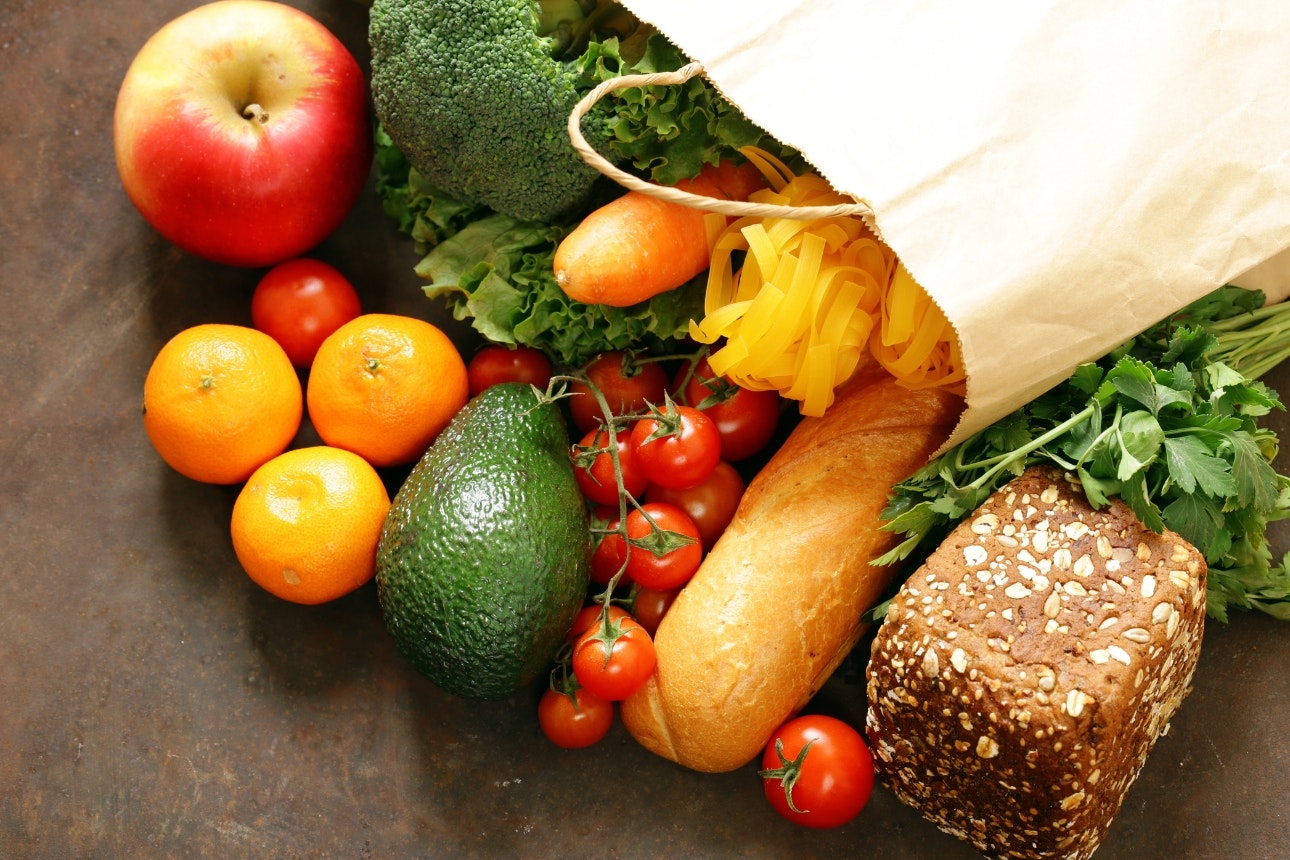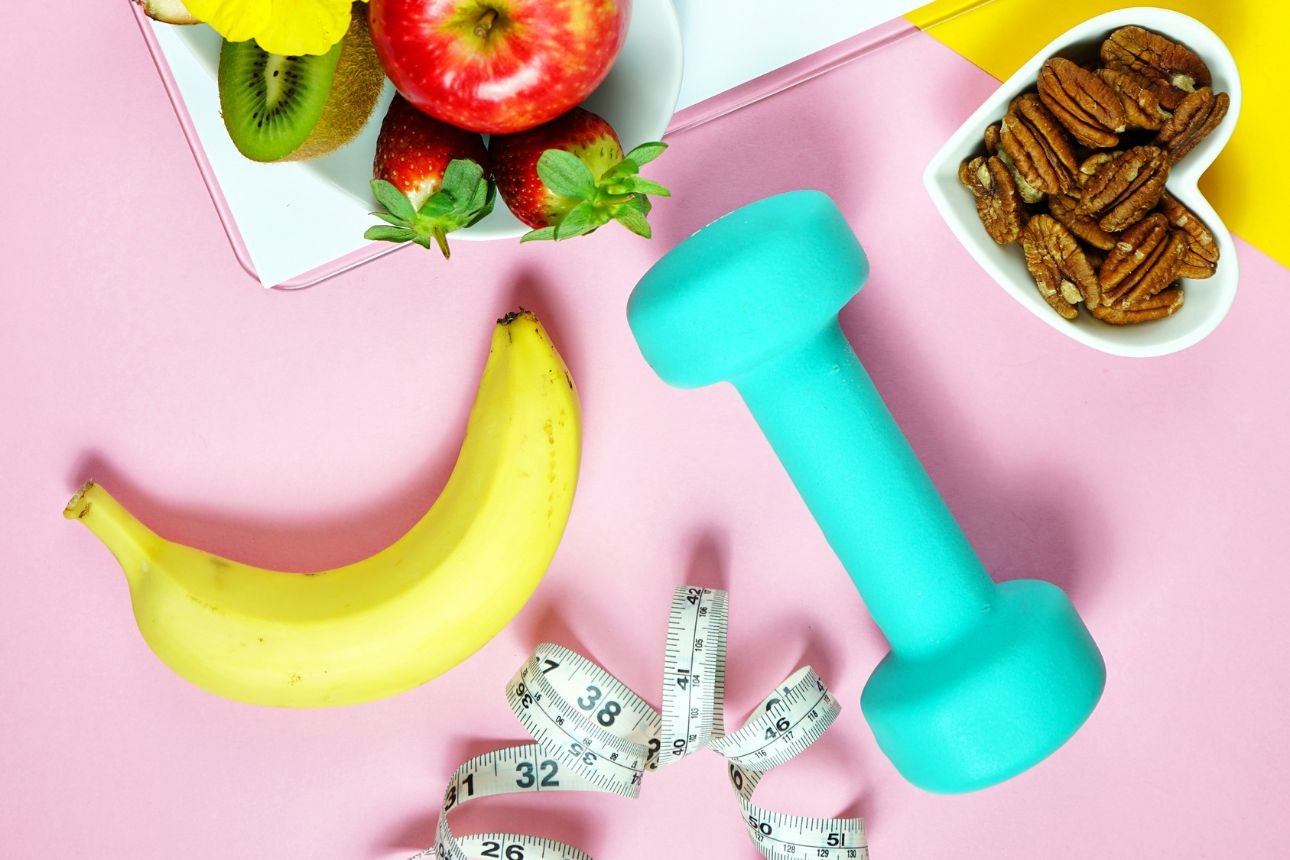
By Belinda Castles
Researcher | Kairangahau
Superfood powders come with glowing testimonials, and with winter looming to challenge our immunity, they’re a tempting purchase. We checked out health claims made by 5 products to see whether you should add them to your winter wellness regime.
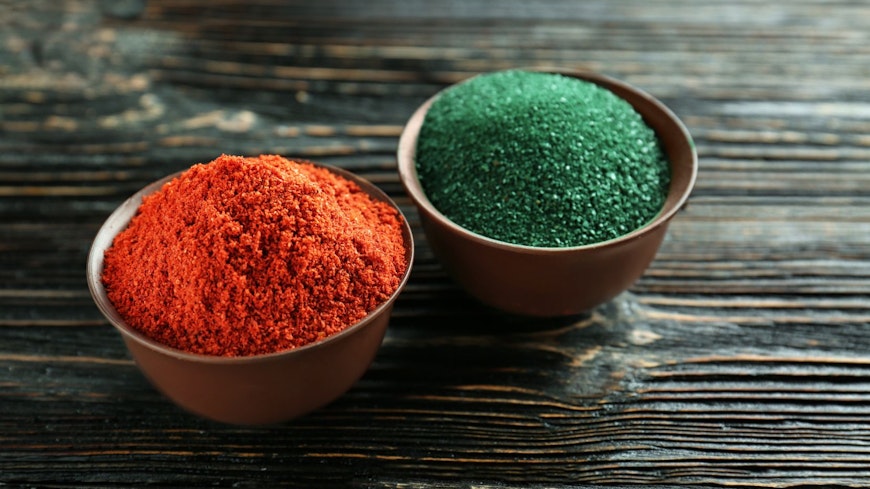
Nutrient Rescue Double Shot claims to contain 4 handfuls of nutrient-dense greens and berries in every shot, boasting many benefits including “immune support” and “glowing skin”.
Nothing Naughty Premium Super Greens & Reds claims benefits for immunity and brain, bone, teeth and joint health.
Other brands we looked at made similar claims, including the product’s detoxification benefits.
So, should you spend your precious food budget on these super-charged powders? Will they make a difference? We asked 3 nutrition experts their opinions.
What is a superfood powder?
Superfood powders are dehydrated foods (usually plant based) that are ground into a powder. To consume, you add the powders to water, meals or smoothies.
While some powders contain just fruit and vegetables, others include protein, natural flavours and sweeteners. Two products we surveyed are sold as a “supplemented food”, containing added vitamins and minerals too.
All the products we checked were either named “superfood” or touted superfoods on their packaging or marketing. But Professor Clare Wall, head of the department of nutrition and dietetics at the University of Auckland, said there is no official definition of a superfood.
“The word implies a superiorly nutritious food that benefits health. While there are some foods that are rich in specific nutrients, no single food can deliver all the nutrients our bodies need,” Wall said.
Doctor Carolyn Lister, principal scientist and science team leader at Plant & Food Research*, agrees. “It’s simply a term that’s been used by marketers with no parameters to determine what it means. From a scientific perspective, it’s not included in any regulatory context either.”
*Plant & Food Research is an independent scientific research and advice provider to several food and ingredient companies (including companies marketing competitor products to those included in this article).
Do the health claims stack up?
Nutrient Rescue claims 1 scoop of its superfood powder is equivalent to 4 handfuls of berries and greens. Wall thinks that’s potentially misleading as not all berries or greens are equal when it comes to nutrition.
“If you’re taking this powder in place of whole fruits and vegetables, you could be missing out on other nutrients, such as fibre. One serving of Nutrient Rescue Double Shot only contains 2.9g of fibre, which is similar to only 1 apple (2.6g) or 1 serving of broccoli (2.7g).”
It’s recommended women eat 25g and men 30g of fibre each day.
The product also claims a daily shot (1 scoop) has the antioxidant power of 6 servings of fruits and vegetables. But Lister said there’s no scientific rigour around ‘antioxidant power’.
“Although there are various methods used for determining antioxidant activity in-vitro (in the lab), how this relates to any benefit in terms of health is questionable.”
When we approached Nutrient Rescue for comment, it told us the “4 handfuls” refers to each scoop containing 4 handfuls of whole ingredients before drying and powdering, not to the nutrient levels of those ingredients. It has chosen to phase out using the “antioxidant power” claim due to the complexity of the science and potential for consumer confusion.
The powders we checked also make numerous general health claims, including claims to do with immunity, skin health, digestive health and energy levels.
The Australia New Zealand Food Standards Code allows companies to make pre-approved general-level health claims if a product contains a certain level of a nutrient. For example, a product can claim it “contributes to normal immune system function” if it contains required levels of vitamin A, B6, B12 or C. The product will also need to meet other nutritional requirements. For example, health claims aren’t allowed on foods high in saturated fat, sugar or salt.
But we found general health claims that weren’t pre-approved.
Two of the products we looked at made detoxification claims. Yet, the experts agree you don’t need to cleanse or detoxify the body. Detoxification occurs on a continual basis naturally. The kidneys, liver and skin are all detoxing organs, as discussed in our investigation into detox kits.
One product also touted “improved blood circulation” and “hormonal balance”. However, the company was unable to substantiate the claims when we contacted it and agreed to remove them from its website.
Wall said consumers also need to be wary about websites that provide links to research about the individual ingredients in a product. Most research on ‘superfoods’ has been conducted on foods or ingredients in greater amounts than are usually consumed in the diet or in these powders. The studies are also usually specific to particular ingredients and don’t relate to the product itself.
How are superfood powders marketed?
Doctor Victoria Egli, associate professor of health equity and innovation at The University of Waikato, said the marketing for these products is selling a lifestyle and aesthetic.
“Superfood powders are often targeted at female-dominated wellness audiences and use testimonial videos and stories to promote the products. However, emotionally charged personal stories fail to mention placebo effects or other lifestyle factors, such as improved diet or exercise, that might have contributed to the perceived benefits.”
Egli is also concerned about the way these types of products are sold.
“Some products are sold via a subscription model, so you may end up buying more than you can consume and paying for a product you don’t use. Check the terms and conditions to make sure you’re not signing up for a contract that’s hard to get out of.”
Other products of this kind are sold via multi-level marketing – also known as party selling or network marketing. But Egli said consumers should do their homework before buying a product being sold by friends and acquaintances. Past Consumer investigations have also found this can be a pricey way to shop.
Are there any benefits to taking a superfood powder?
Wall said food is expensive, and people are time poor, so taking a superfood powder may seem appealing and closer to real food than a vitamin or mineral supplement.
“For some people, the convenience outweighs the cost and food preparation. But you’re better off spending your money on fruit and vegetables. If you’re spending more than $2 a day on a powder per person, this can quickly add up, and you can use this money to buy a reasonable quantity of fresh or frozen fruits and vegetables.”
She also cautions against giving these products to children. “Childhood is a critical time for developing relationships with food and eating behaviours. Normalising the use of powders could lead to poor acceptance of fruit and vegetables as adults.”
Superfood powders compared
We take a closer look at 5 superfood powders.
Nutrient Rescue Double Shot
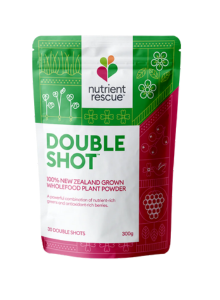
What: Made from 8 green and red ‘superfoods’.
Price: $81.18 for 300g/30 servings ($2.71/day); $69 on an auto-renew subscription ($2.30/day).
Claims include: Everyday immunity, supporting energy, staying limber, glowing skin, 4 handfuls of greens and berries per shot, 1 shot has the antioxidant power of 6 servings of fruit and vegetables.
Company response: The product website cites numerous research papers to support these claims. The company told us the papers support the individual ingredients used – it hasn’t conducted specific studies on the product itself. The company is phasing out its use of the “antioxidant power” claim.
Melrose Organic Essential Greens
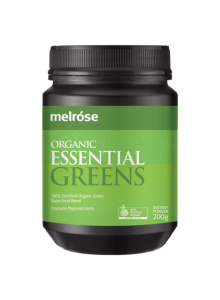
What: Plant powder made from 4 green ‘superfoods’.
Price: $32.99 for 200g/50 servings ($0.66/day).
Claims include: Supports gut health naturally, provides a natural detox, reduces bloating and improves digestion.
Company response: The company told us these claims align with pre-approved health claims in the food standards code. However, detox claims aren’t pre-approved. Detoxification occurs naturally in the body without the need for special foods.
Nothing Naughty Premium Super Greens & Reds
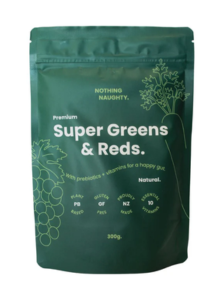
What: Plant powder made from 15 fruit and vegetables, plus inulin (prebiotic), chia seeds, coconut sugar, sweetener (thaumatin), added vitamins and minerals. Sold as a supplemented food.
Price: $49.95 for 300g/50 servings ($1/day).
Claims include: Brain health, immunity, skin nourishment, all-day energy, bone, teeth and joint health.
Company response: The company provided a paper justifying its claims, with links to other published papers about the nutrients and ingredients contained in the product. It did not provide a specific study on the product itself. The paper stated the immunity, skin, energy and bone, teeth and joint health claims were pre-approved in the food standards code.
Cress Valley Vital Superfoods
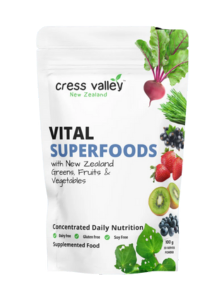
What: Plant powder made from fruits, vegetables, herbs, kelp, probiotics, added vitamins and minerals. Sold as a supplemented food.
Price: $39.99 for 100g/33 servings ($1.21/day); $35.99 on an auto-renew subscription ($1.09/day).
Claims include: Increased energy, enhanced immune function, improved digestion, improved blood circulation, healthy skin, hair and nails, detoxification, hormonal balance.
Company response: The company provided a list of ingredients supporting each claim, but some claims (detoxification, hormonal balance and blood circulation) aren’t pre-approved. When we queried this, the company said the claims are backed up by science on the individual ingredients but acknowledged they’re not pre-approved. It has since removed the claims from its website.
Nature’s Way Greens & Reds
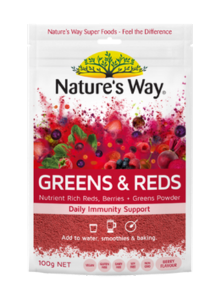
What: Plant powder containing 23 “superfoods”, plus pea protein, inulin (prebiotic), probiotics, flavours, sweetener (Stevia).
Price: $25 for 100g/10 servings ($2.50/day).
Claims include: High levels of antioxidants for healthy skin and ageing, probiotics and fibre for healthy digestion and regularity, anthocyanins for a healthy heart, blood vessels and vision support, protein for growth and development, cell repair and satiety.
Company response: The company told us consumer safety and health literacy are its number 1 priority. It is looking into its website claims.
What do the rules say about health claims on food?
Health claims are regulated by the Australia New Zealand Food Standards Code and refer to a relationship between food and health. Health claims are only allowed on foods that are sufficiently ‘healthy’ and take into account the amounts of certain nutrients and fruit, vegetables, nuts and legumes in a product.
Two types of claim are permitted.
General-level health claims refer to a nutrient, substance or food and its effect on general health and wellbeing. For example, a claim that iron is necessary for normal immune system function.
High-level health claims refer to a serious disease or a biomarker. For example, a claim that diets high in calcium may reduce the risk of osteoporosis.
There are more than 200 pre-approved general-level health claims and 13 pre-approved high-level health claims that can be used on products.
Companies wishing to use a claim that’s not pre-approved must notify Food Standards Australia New Zealand (or the Ministry for Primary Industries if the product is a supplemented food).
As part of the notification, the company must declare it has evidence that meets certain requirements to substantiate the claim. The Ministry for Primary Industries evaluates every notification by a New Zealand company.
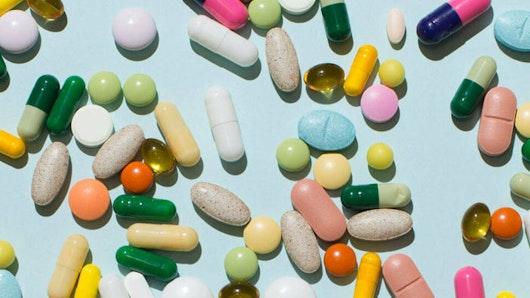
Why are natural health products so popular?
We asked consumers who take natural health products such as vitamins, what they take and why they take them.
